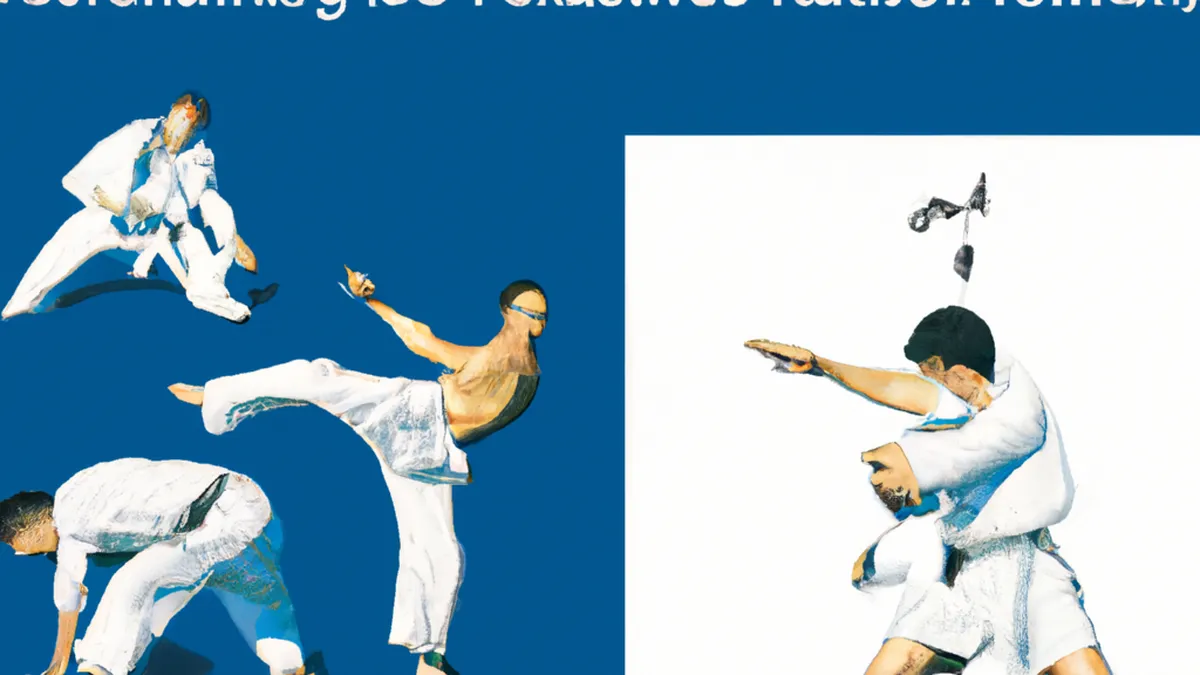Advance Your Throwing Skills with Reaction Drills
How to Develop Reaction Time for Better Throw Execution in Judo
Judo requires quick thinking and fast movements. A judoka’s success often depends on reaction time. Without quick reactions, even the best techniques fail. Improve your reaction time to enhance throw execution. This guide explores strategies to sharpen your reaction time and boost your judo performance.
Understanding Reaction Time
Reaction time measures the interval between perceiving a stimulus and responding. In judo, respond quickly to your opponent’s movements. A slow reaction time leads to missed opportunities and counterattacks. Enhancing your reaction time is crucial for success.
The Importance of Reaction Time in Judo
Every second counts in judo. A well-timed throw can change a match’s outcome. Slow reaction times can leave you behind your opponent. This lag leads to missed throws and defensive failures. Improving reaction time helps you seize opportunities and control the match.
Factors Affecting Reaction Time
Physical fitness, mental focus, and experience influence reaction time. Your training environment also impacts your ability to react quickly. Understanding these factors helps you target areas for improvement.
Tips to Improve Your Reaction Time
Improving reaction time requires dedication and practice. Here are effective methods to develop this skill.
1. Engage in Reaction Drills
Practice drills that focus on reaction speed. Partner drills can sharpen your reflexes as one person initiates a movement. Use a reaction ball to train your eyes and body to respond quickly.
2. Incorporate Plyometrics
Plyometric exercises boost explosive strength and reaction time. Perform jump squats and box jumps to enhance your body’s responsiveness.
3. Focus on Visualization Techniques
Mental training improves reaction time. Visualize your opponent’s movements and your responses. This rehearsal prepares your mind for real situations, leading to faster reactions.
4. Use Technology for Feedback
Utilize apps and devices to track your reaction times. Some tools offer timed challenges to monitor progress. Tracking performance helps you adjust your training.
Advice for Consistent Improvement
Consistency is vital for developing reaction time. Here are additional strategies for steady progress.
1. Maintain Physical Fitness
A strong body supports a fast mind. Engage in regular cardiovascular and strength training. Physical fitness enhances overall responsiveness. Include running, swimming, or cycling to keep your body in top condition.
2. Stay Mentally Sharp
Mental agility is as important as physical ability. Challenge your brain with puzzles and strategy-based games. A sharp mind leads to quicker reactions on the mat.
3. Get Adequate Rest
Sleep significantly affects reaction time. Lack of rest results in sluggish responses. Aim for 7-8 hours of sleep each night. Quality sleep enhances recovery and keeps reflexes sharp.
Benefits of Improved Reaction Time
Enhancing reaction time brings many benefits to your judo practice. You will execute throws more effectively. Quick reactions help you adapt to your opponent’s movements, increasing your success rate.
Improved reaction time boosts confidence. Knowing you can respond quickly gives you an edge. This confidence encourages risks and experimentation with new techniques.
Strong reaction time enhances your overall judo game. You become a more versatile and unpredictable opponent. This unpredictability frustrates opponents and creates victory opportunities.
Conclusion
Improving reaction time is essential for better throw execution in judo. Engage in drills, incorporate plyometrics, and focus on mental training for significant improvements. Maintain physical fitness and mental sharpness while ensuring adequate rest. The benefits of improved reaction time enhance confidence and overall performance. Implement these strategies today and watch your judo skills soar.
Below are related products based on this post:
FAQ
What is reaction time and why is it important in judo?
Reaction time measures the interval between perceiving a stimulus and responding. In judo, quick reaction times are crucial as they allow a judoka to respond to an opponent’s movements effectively. A slow reaction time can lead to missed opportunities and counterattacks, affecting the outcome of a match.
What are some effective methods to improve reaction time for judo?
To improve reaction time, engage in reaction drills with a partner, incorporate plyometric exercises like jump squats, and use visualization techniques to mentally rehearse responses. Additionally, utilizing technology for feedback can help track progress and refine training methods.
How does physical fitness impact reaction time in judo?
Physical fitness significantly affects reaction time as a strong body supports a fast mind. Regular cardiovascular and strength training enhances overall responsiveness. Maintaining fitness through activities like running, swimming, or cycling can help ensure that a judoka remains agile and ready to react quickly during matches.















Post Comment